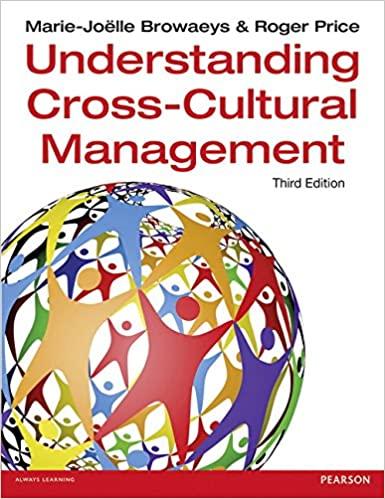The oil and gas industry was subject to the most prosecutions for bribery and graft in the
Question:
The oil and gas industry was subject to the most prosecutions for bribery and graft in the UK of any sector over the past four years, according to a new survey.
The study by Ernst & Young found that of 26 completed cases since 2008, oil and gas made up nearly one-fifth of prosecutions.
The industry saw five completed cases, compared to three each in the medical goods, insurance, and engineering and construction sectors.
Most of them involved payments made abroad, or kickbacks to foreign government officials.
With most oil and gas produced in third world countries, the industry is far more exposed to the risk of corruption than other kinds of business. To cite one example, Nigeria, Africa’s biggest oil producer, and a place where western oil majors such as Shell, Total and ENI have been operating for decades, comes 143 out of 182 in Transparency International’s 2011 corruption perception index. Angola, another big African crude exporter where BP has a number of big projects, is at 168.
Western oil companies are particularly exposed to the risk of corruption because they usually operate in joint ventures with state-owned entities or foreign governments and ‘are at risk of being liable for any bribes or corrupt activity by any partners acting on their behalf’, Ernst & Young said.
The issue of corruption has taken on added urgency with the advent of the UK Bribery Act, which came into force in 2010. The act bans facilitation payments, which are widespread in developing countries and seen by many companies as an indispensable means of expediting often painfully slow bureaucratic processes.
Many oil companies have instituted rigorous internal procedures to root out corruption. But Jonathan Middup, UK Head of Ernst & Young’s anti-bribery and corruption team, said they often got their priorities wrong. ‘Companies spend a disproportionate amount of time and eff ort on compliance around corporate hospitality and facilitation payments’, he said, ‘and not enough on the issue of third-party due diligence – what agents, intermediaries, introducers and joint-venture partners are doing in their name.’
Third-party risk, he said, is ‘constant and ongoing’. ‘You can’t prevent other people breaking the law, but you are liable if they do’, he said.
The issue is particularly acute for oil companies because of the importance of multimillion dollar procurement contracts in big oil developments. Constant vigilance is required to make sure contracts are not awarded to parties related to the companies’ joint-venture partners.
Questions
1. Why is the UK Bribery Act not proving to be effective in the oil and gas industry?
2. In what way do you consider ‘facilitation payments’ to be unethical?
Step by Step Answer:

Understanding Cross Cultural Management
ISBN: 9781292015897
3rd Edition
Authors: Marie Joelle Browaeys, Roger Price





